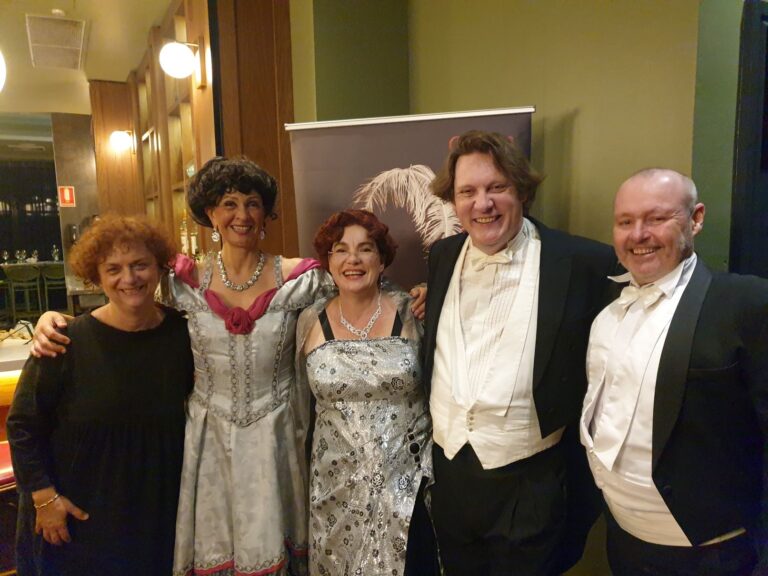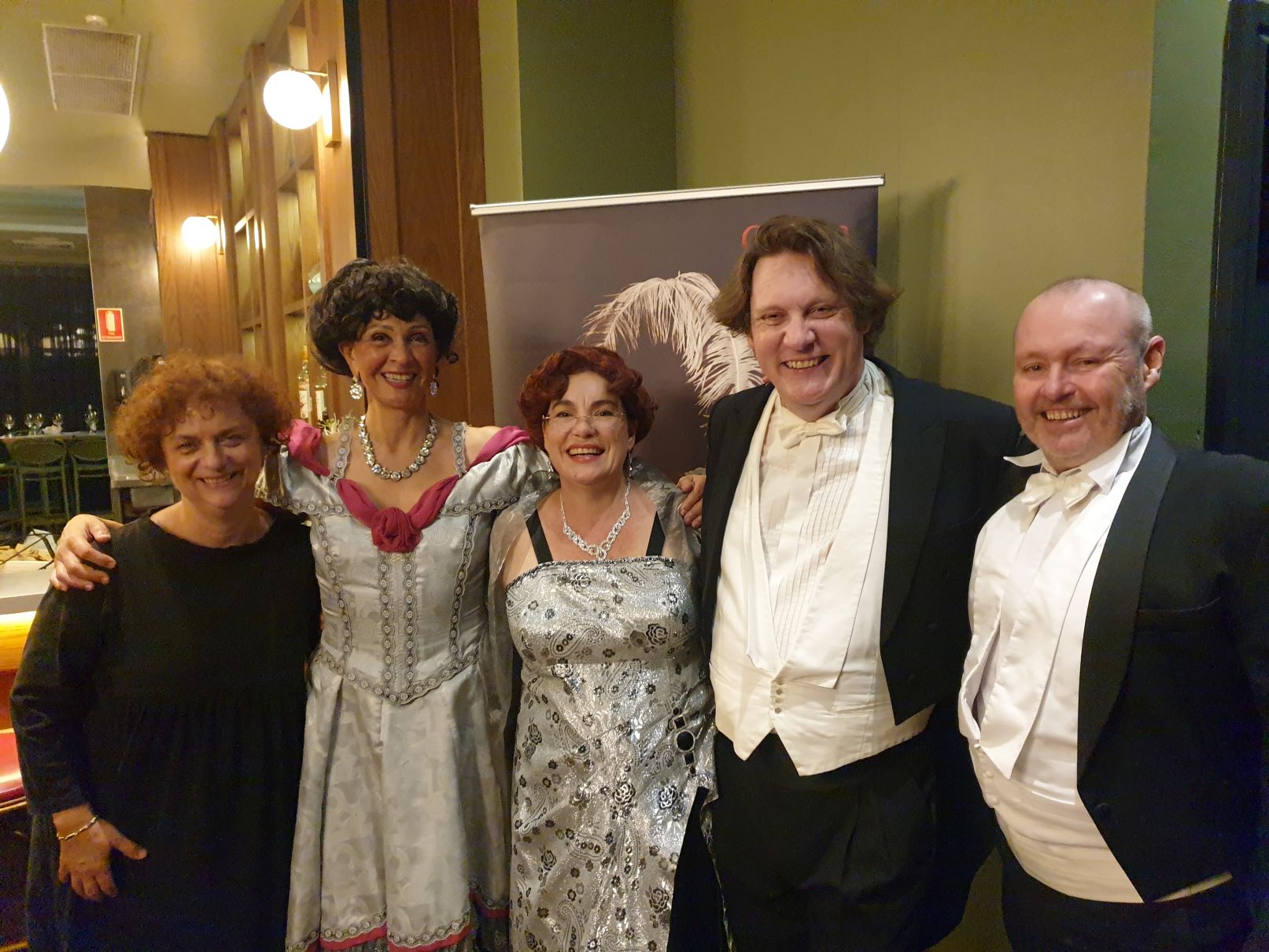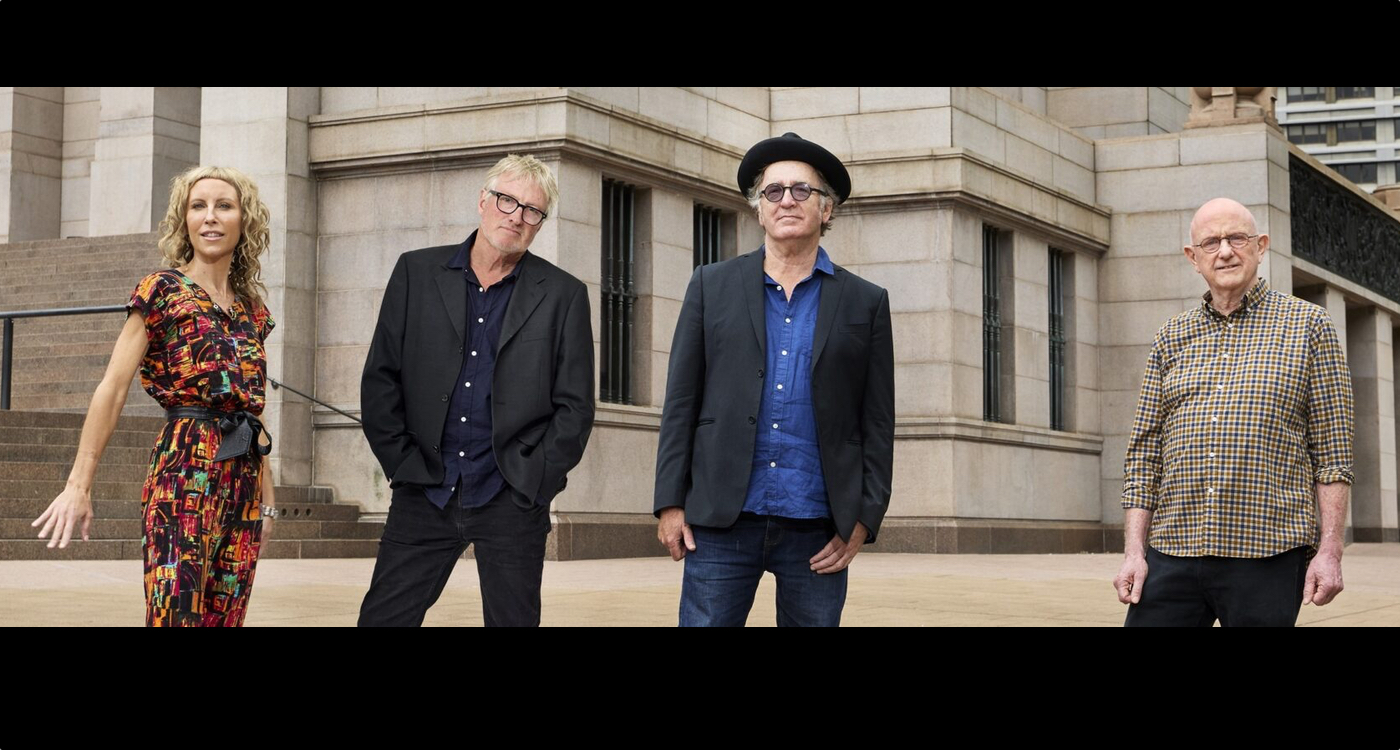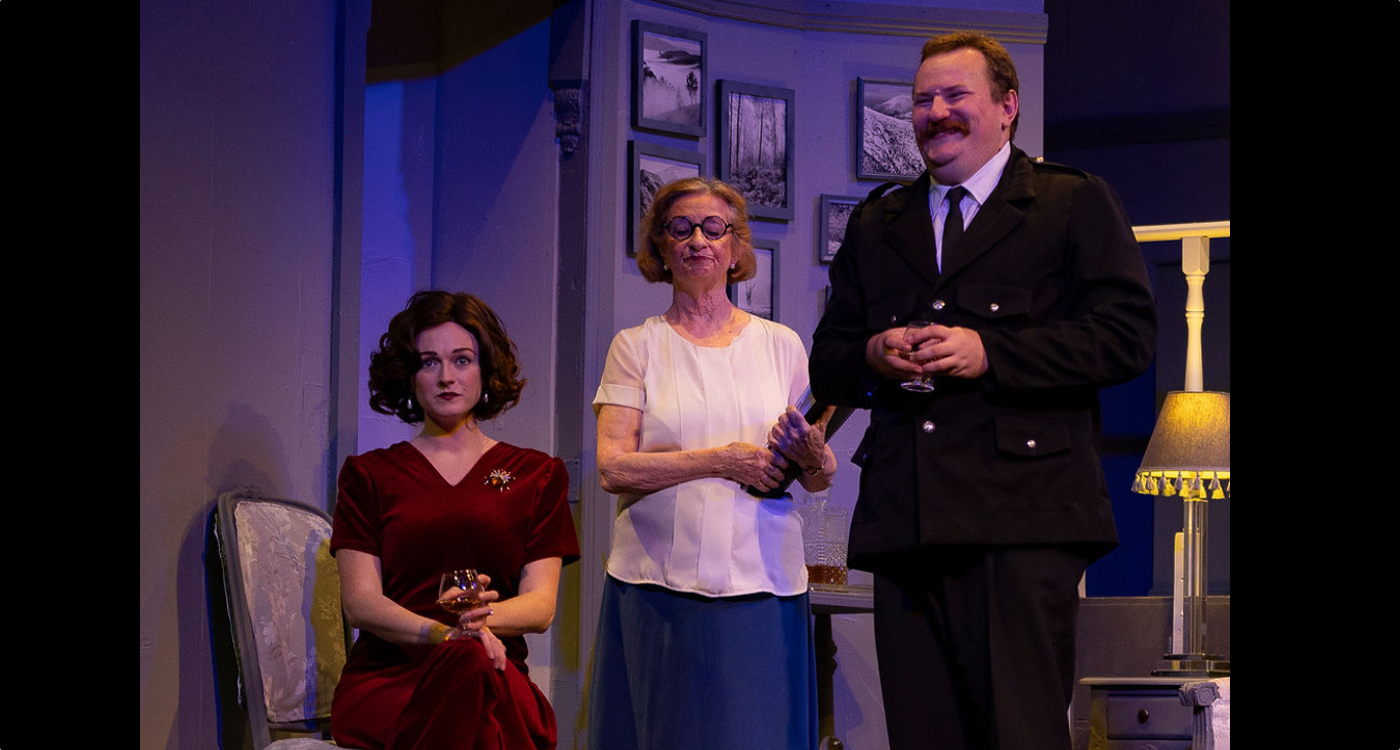
The story of prisoner 661
For three and a half years while Australian citizen Mamdouh Habib was locked in a cage at Guantanamo Bay, he believed his family were dead. To keep his sanity throughout the endless days alone, in between interrogations and torture sessions, he would spend hours looking at a trail of ants, observing how they organised their colony.
Living back with his family in Sydney since his release without charge in 2005, Habib feels his life is now worse than it was in Guantanamo. After reading Habib’s account of those years in “My Story: the tale of a terrorist who wasn’t,” I find it hard to imagine anything worse than the psychological and physical torture that he went through in detention.
Habib tells me that he can bear the physical torture but it is the fear for his family that gets to him.
“I believed my family was dead, I thought I didn’t have to worry anymore. Now all the time I’m worried. I don’t know when they are going to raid my house. My house has been bugged. I don’t know what they are going to do next. It’s worse now than Guantanamo,” Habib says.
Habib has not been charged with any offence, yet the allegations, claims and smears linger.
While out with his family in Brighton recently, he was attacked by four men. When he tried to make a report at Kogarah police station, he was told he would have to be body scanned. Habib says he is constantly harassed by police.
“They treat me like a criminal. They call me a terrorist, and I haven’t done anything wrong,” Habib says.
“I can’t find work, I look like a criminal. It’s worse.”
The Australian Government has denied him a passport since his release, so he was unable to travel to Egypt to see his mother before she died.
After his arrest in Pakistan in October 2001, Habib was extradited to Egypt, where he was kept in an underground cell and tortured for more than six months. He was then handed over to the US military at Guantanamo Bay.
No member of the Howard government has ever admitted knowledge of Habib’s rendition to Egypt and Guantanamo, although in 2008, ASIO’s director-general Paul O’Sullivan told a parliamentary committee that his predecessor Dennis Richardson was approached by US officials about taking Habib to Egypt.
Habib’s story is being told in a play called 661, after his prisoner number at Guantanamo Bay. Playwright and director Julian Brophy met Mamdouh Habib in 2010 doing a play about him in the Short and Sweet Festival.
“It really struck me that here was a person that was imprisoned for the large part of five years, who was never charged with an offence, never appeared before a court, and was released after years of detention without being charged,” Brophy says.
“What really interested me is what happened to the rule of law in that case. It’s not enough to say we suspect someone, there has to be evidence, tested in an independent judicial system.”
Brophy says that while some of the play is uncomfortable to watch – dealing with waterboarding, torture and interrogation techniques, it is also a poignant human story.
“Mamdouh is a very strong person with a wry sense of humour and we try to portray that in the play,” Brophy says.
“It’s also very much a story of Mamdouh’s wife, Maha, and her fight for justice and to get him freed.”
“There are moments of lightness and humour in this dark case, and also the celebration of an important part of being human – fighting for what is right, and winning.”
661 opens at the Parade Playhouse NIDA on May 10 and runs until Saturday May 14.
By Liz Cush











